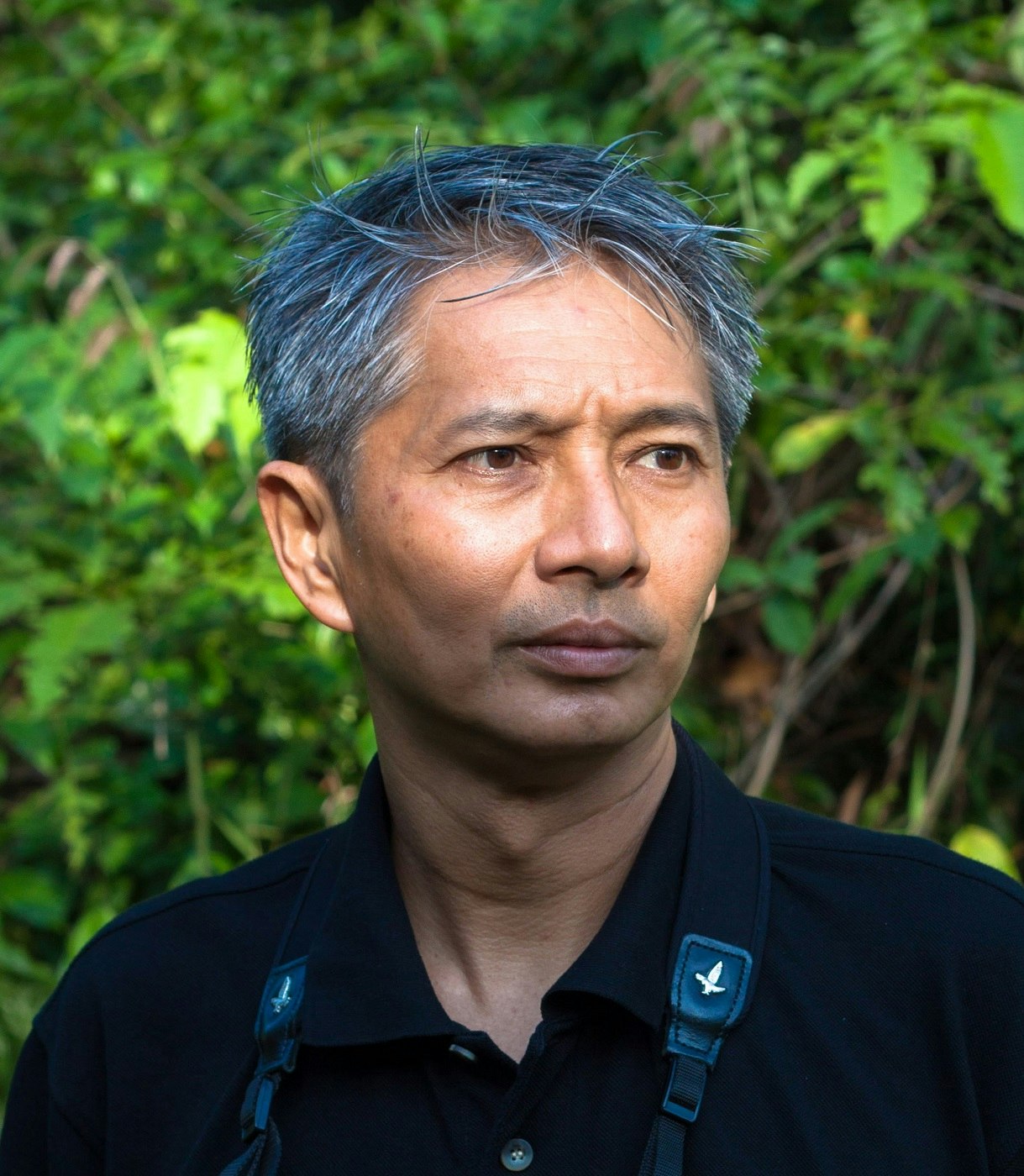Winner of the Whitley Award for Conservation in GREAT Ape Habitats, donated by The Arcus Foundation
Community conservation
In 1990, Melvin initiated Sarawak’s pioneering Integrated Conservation and Development Project which involved local Iban landowners in protected area management for the first time. He now works with stakeholders at all levels to protect over 2,000 km² of contiguous orang-utan habitat in Sarawak, home to the rarest subspecies of Bornean orang-utan, Pongo pygmaeus pygmaeus.
Steep decline
In the past 20 years, over half of the Bornean orang-utan’s habitat has disappeared as forest is lost to logging, mining and fire or converted to oil palm plantations. During the last 60 years, the species has declined by over 50%, with the majority of those remaining living outside protected areas. Hunting of orang-utans for bushmeat and sale to the pet trade is also a growing problem.
Increased protection
Melvin is Director of the Malaysia Programme at the Wildlife Conservation Society. He is leading a programme to increase the amount of Bornean orang-utan habitat under protection in the Engkari-Telaus community conservation landscape in Sarawak and create an environment where orang-utans have an opportunity to thrive alongside local communities.

With his project Melvin will:
- Conduct surveys in parts of the landscape that have not yet been studied.
- Use the results to secure legal protection of these areas and other important habitat for orang-utans in the region.
- Educate local Iban people to reduce hunting of these primates and instill pride in local wildlife.
Why it matters:
- If action isn’t taken, orang-utans will be lost from the wild within a few decades.
- Conserving orang-utan habitat benefits countless other species.
- Orang-utans have cultural importance and could bring revenue to local people through ecotourism.
“We all need to contribute to saving nature and not assume that others will do it for us. For some species, time is not on our side.”
Project UPDATE
Melvin reports that winning the Whitley Award has boosted the project’s in-country profile and helped to increase access to decision makers. The project has received positive support from the Chief Minister of Sarawak and continues to work towards legal protection of the Engkari-Telaus Community Conservation Landscape in the Batang Ai National Park and Lanjak-Entimau Wildlife Sanctuary complex.
In particular:
- There is now a greater level of commitment from the Sarawak Government to stop illegal logging. In 2015, the Chief Minister announced his intention to protect the State’s estimated 2,500 orangutans through a series of actions including: halting the expansion and establishment of oil palm plantations, stopping new timber logging licenses from being issued and ensuring there is no commercial trade in orangutans.
- Orangutan surveys were conducted in 6 previously unstudied sites in collaboration with Forest Department Sarawak, Sarawak Forest Corporation, and Sarawak Energy Berhad. 69 nests were recorded and 1 orangutan was sighted in a 102km2 The survey indicates a population estimate of 46 orangutans within the project site, highlighting its conservation value.
- The survey data was used to support discussions to include the Engkari-Telaus Community Conservation Landscape (ETCCL) as part of the larger Ulu Sungai Menyang High Conservation Value Forest Landscape for orangutans. A meeting was held with stakeholders to discuss the current status and issues as part of work towards the inclusion of the ETCCL into the protected Batang Ai National Park and Lanjak-Entimau Wildlife Sanctuary (BALE) complex which is the project’s prominent goal and is on-going.
- The first orangutan drama contest for 3 secondary schools in Kuching was organized as well as a participatory photography contest and orangutan themed performances at 10 longhouses in the Ulu Engkari area. Local community stories and taboos against killing of orangutans have been compiled into a book as a means to galvanize existing taboos and thus protect the orangutans. Local radio has also been used as a means of spreading messages on the importance of protecting orangutans and building local pride.




